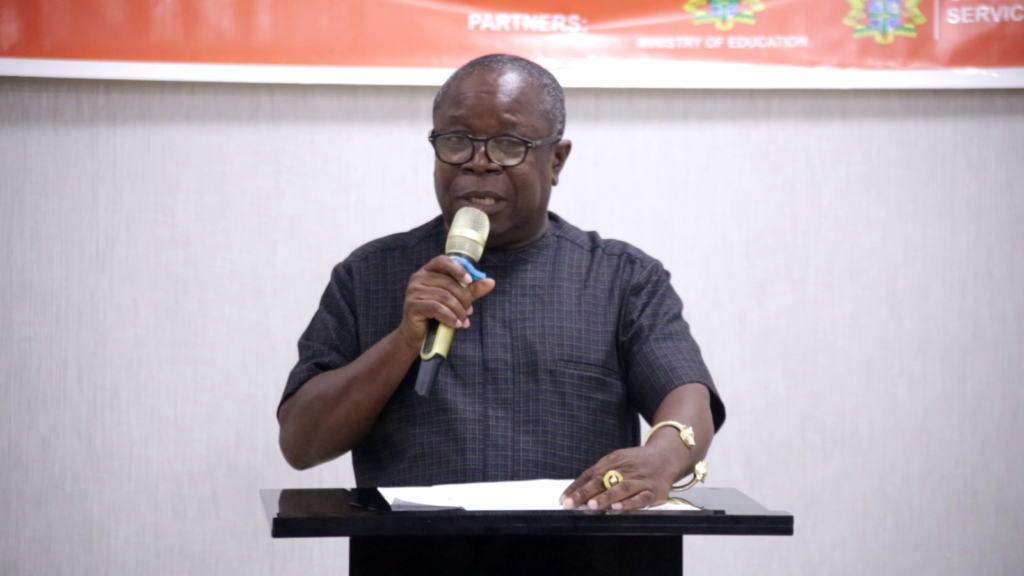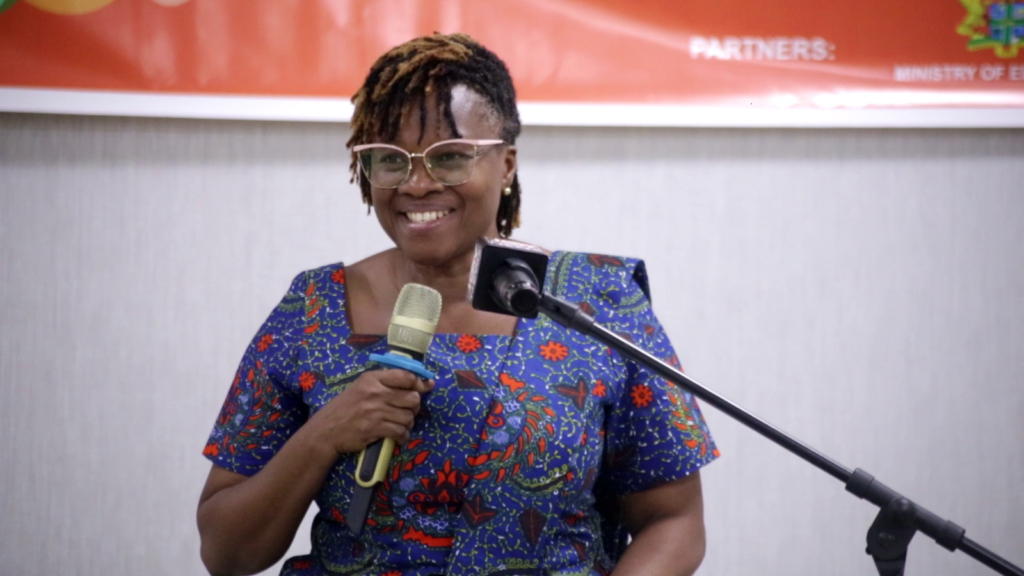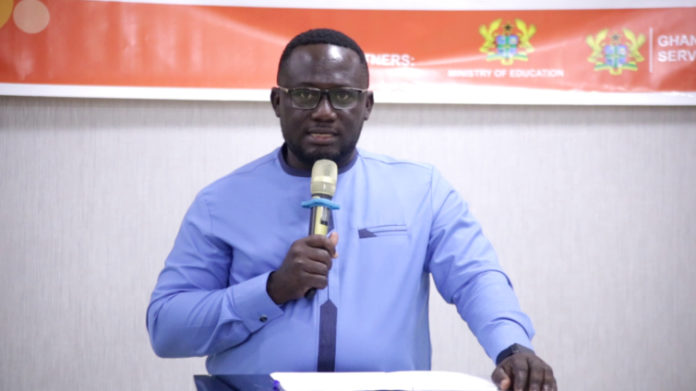World Vision Ghana has advocated for multilingual education to enhance inclusivity and cultural preservation.
The organization believes the use of the local languages as a medium of instruction in schools would not only help learners have a better understanding during studies but also aid them in learning their mother tongue.
Addressing a ceremony to commemorate International Mother Language Day in Ho, the acting Education Technical Programmers’ Manager of World Vision Ghana, Eric Opoku Agyarko stressed the critical role of multilingual education in promoting better learning outcomes and preserving Ghana’s rich linguistic heritage.
He highlighted the significance of embracing linguistic diversity within Ghana’s education system, adding that children learn best when taught in languages, and “they understand proficiently, particularly during their formative years.”
“Multilingual education does not only enhance learning outcomes but also promotes social cohesion and mutual understanding among diverse communities, Mr Agyarko noted.
He also said that “it empowers children to learn in a language they understand best unlocking their full potential and nurturing their love for lifelong learning.”

The Director of Tertiary Education at the Ministry of Education, Nana Baffour Awuah, reiterated the significance of promoting linguistic diversity within the country’s educational framework.
He also stated that “the diversity in the Ghanaian culture does not only hover around our tradition, practice, what we eat and wear but also our spoken words which are our indigenous mother language.”

The chairperson for the ceremony, Prof. Scholastica Wompakeah Azuah, urged teachers to employ the use of technology in facilitating lessons for the best results in the classroom.
“Infusing technology with teacher facilitation is crucial in building love and skills for learning different languages from a young age and has the potential to make children from diverse backgrounds future–ready while retaining connection with their roots”, she said.
She further outlined equitable access, instructional relevance, teacher capacity, cost, and sustainability of technology usage for multilingual classrooms as some of the challenges crippling the effective deployment of technology in classrooms.
International Mother Language Day was instituted to celebrate linguistic and cultural diversity worldwide and promote the use of mother tongues in educational systems and everyday life.
ALSO READ:

